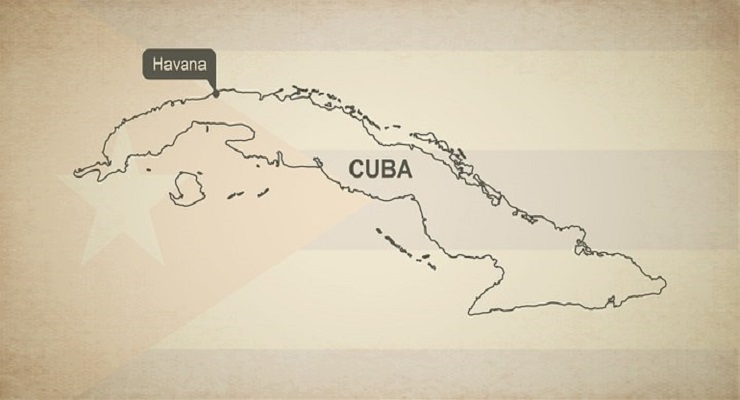
Cuba has begun its walk towards a new era, modifying its constitution. The future constitution is set to bring forth recognition to private ownership of property, the creation of a free market, restoring of the prime ministerial position, the creation of a two consecutive five year term of office for president, restricting all forms of discrimination, establish the presumption of innocence and habeas corpus in the justice system, among others.
There have been several Cuban constitutions before now and the current constitution in use was drafted in 1976. The 1976 constitution called for a centralized economy where there was no recognition of private ownership of property. The State equally had the power to regulate the activities of religious institutions.
The Cuban economy suffered a crisis that which led to the constitutional amendments of 1992. The dissolution of the Soviet Union and the Eastern Bloc were major determining factors. The modified constitution removed some limitations on foreign investment granting corporations a limited right to own property only upon the establishment of a joint venture. It also modified the religious aspect of Cuba stating that Cuba is a secular state and publicly recognizing religious pluralism.
On 14 July 2018, the Cuban Ex-President Raul Castro headed a committee that drafted a new constitution in an attempt to modernize the Cuban government. This draft contained 87 new articles making a total of 224 articles
.
Nominally designed to work towards a socialist society, the proposed new constitution was presented to the National Assembly of People’s Power for approval on 21 July 2018. It is currently going through a process in which it will be discussed in 35,000 workplaces by ordinary Cuban citizens. Thereafter, the bill will be passed through a referendum.
Leave a Reply